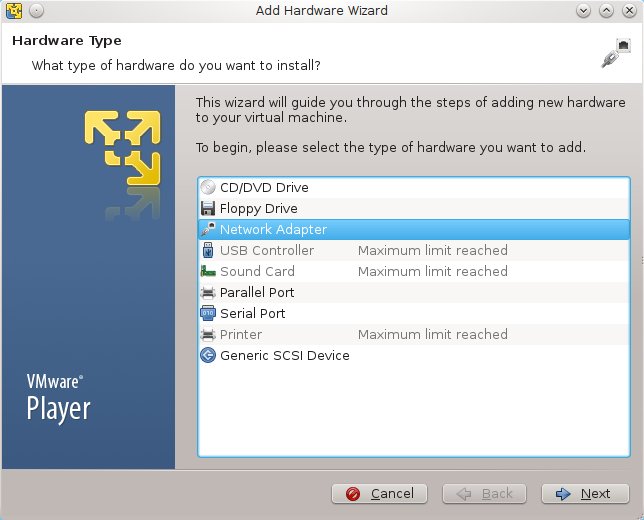The Refind Binary File Is Missing Aborting Installation Wizard


Abject abjure ablate ablaut ablaze ablest ablins abloom ablush abmhos aboard aboded abodes abohms abolla abomas aboral aborts abound aboves abrade. Biller billet billie billon billow bimahs bimbos binary binate binder bindis bindle biners binged binger binges bingos binits binned binocs biogas biogen biomes.
Note: Your kernel and initramfs need to reside on a file system which rEFInd can read. To find additional drivers see. Scripted installation The rEFInd package includes the refind-install script to simplify the process of setting rEFInd as your default EFI boot entry.
The script has several options for handling differing setups and UEFI implementations, see. For many systems it should be sufficient to simply run: # refind-install This will attempt to find and mount your, copy rEFInd files to esp/EFI/refind/, and use efibootmgr to make rEFInd the default EFI boot application. Alternatively you can install rEFInd to the default/fallback boot path esp/EFI/BOOT/bootx64.efi. This is helpful for bootable USB flash drives or on systems that have issues with the NVRAM changes made by efibootmgr: # refind-install --usedefault /dev/sdXY Where /dev/sdXY is the partition of your ESP. You can read the comments in the install script for explanations of the various installation options.
Note: By default refind-install installs only the driver for the file system on which kernel resides. Additional file systems need to be installed manually or you can install all drivers with the --alldrivers option. Mines Of Moria Rulebook Pdf Printer. This is useful for bootable USB flash drives e.g.: # refind-install --usedefault /dev/sdXY --alldrivers After installing rEFInd's files to the ESP, verify that rEFInd has created refind_linux. Download Neosat Software And Loader. conf containing the required (e.g. Root=) in the same directory as your kernel. If it has not created this file, you will need to set up manually or you will most likely get a kernel panic on your next boot.
By default, rEFInd will scan all of your drives (that it has drivers for) and add a boot entry for each EFI bootloader it finds, which should include your kernel (since Arch enables by default). So you may have a bootable system at this point. Warning: When refind-install is run in chroot (e.g. In live system when installing Arch Linux) /boot/refind_linux.conf is populated with kernel options from the live system not the one on which it is installed. You need to adjust kernel options in /boot/refind_linux.conf manually. Secure Boot See for support in rEFInd.
Using PreLoader See to acquire signed PreLoader.efi and HashTool.efi binaries. Execute refind-install with the option --preloader /path/to/preloader # refind-install --preloader /usr/share/preloader-signed/PreLoader.efi Next time you boot with Secure Boot enabled, HashTool will launch and you will need to enrol the hash of rEFInd ( loader.efi), rEFInd's drivers (e.g. Ext4_x64.efi) and kernel. See for more information.